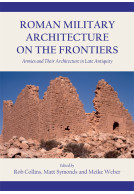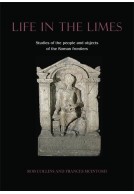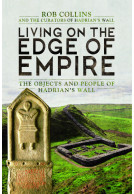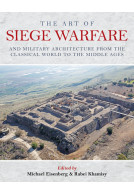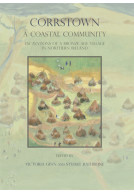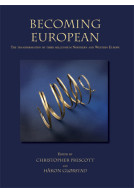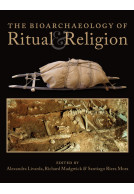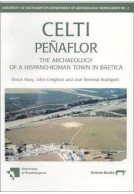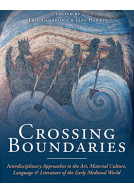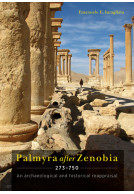Google Books previews are unavailable because you have chosen to turn off third party cookies for enhanced content. Visit our cookies page to review your cookie settings.
Roman Military Architecture on the Frontiers (Hardback)
Armies and Their Architecture in Late Antiquity
Edited by Rob Collins, Edited by Matt Symonds, Edited by Meike Weber
Imprint: Oxbow Books
Pages: 208
Illustrations: black/white and colour illustrations
ISBN: 9781782979906
Published: 30th September 2015
Script Academic & Professional
Imprint: Oxbow Books
Pages: 208
Illustrations: black/white and colour illustrations
ISBN: 9781782979906
Published: 30th September 2015
Script Academic & Professional
You'll be £45.00 closer to your next £10.00 credit when you purchase Roman Military Architecture on the Frontiers. What's this?
+£4.99 UK Delivery or free UK delivery if order is over £40
(click here for international delivery rates)
Need a currency converter? Check XE.com for live rates
(click here for international delivery rates)
Need a currency converter? Check XE.com for live rates
The Roman army was one of the most astounding organizations in the ancient world, and much of the success of the Roman empire can be attributed to its soldiers. Archaeological remains and ancient texts provide detailed testimonies that have allowed scholars to understand and reconstruct the army’s organisation and activities. This interest has traditionally worked in tandem with the study of Roman frontiers. Historically, the early imperial period, and in particular the emergence of the frontiers, has been the focus of research. During those investigations, however, the remains of the later Roman army were also frequently encountered, if not always understood. Recent decades have brought a burgeoning interest in not only the later Roman army, but also late antiquity more widely.It is the aim of this volume to demonstrate that while scholars grappling with the late Roman army may want for a rich corpus of inscriptions and easily identifiable military installations, research is revealing a dynamic, less-predictable force that was adapting to a changing world, in terms of both external threats and its own internal structures. The dynamism and ingenuity of the late Roman army provides a breath of fresh air after the suffocating uniformity of its forbears. The late Roman army was a vital and influential element in the late antique empire. Having evolved through the 3rd century and been formally reorganized under Diocletian and Constantine, the limitanei guarded the frontiers, while the comitatenses provided mobile armies that were fielded against external enemies and internal threats. The transformation of the early imperial army to the late antique army is documented in the rich array of texts from the period, supplemented by a perhaps surprisingly rich archaeological record.
There are no reviews for this book. Register or Login now and you can be the first to post a review!
About Rob Collins
Rob Collins is Research Associate in the Department of Archaeology at Newcastle University. His principal research interests are in frontier studies and the collapse of complex societies, making use of archaeological remains of built structures and small finds to provide a social interpretation of the material record.
More titles by Rob Collins
Customers who bought this title also bought...
Other titles in Oxbow Books...







